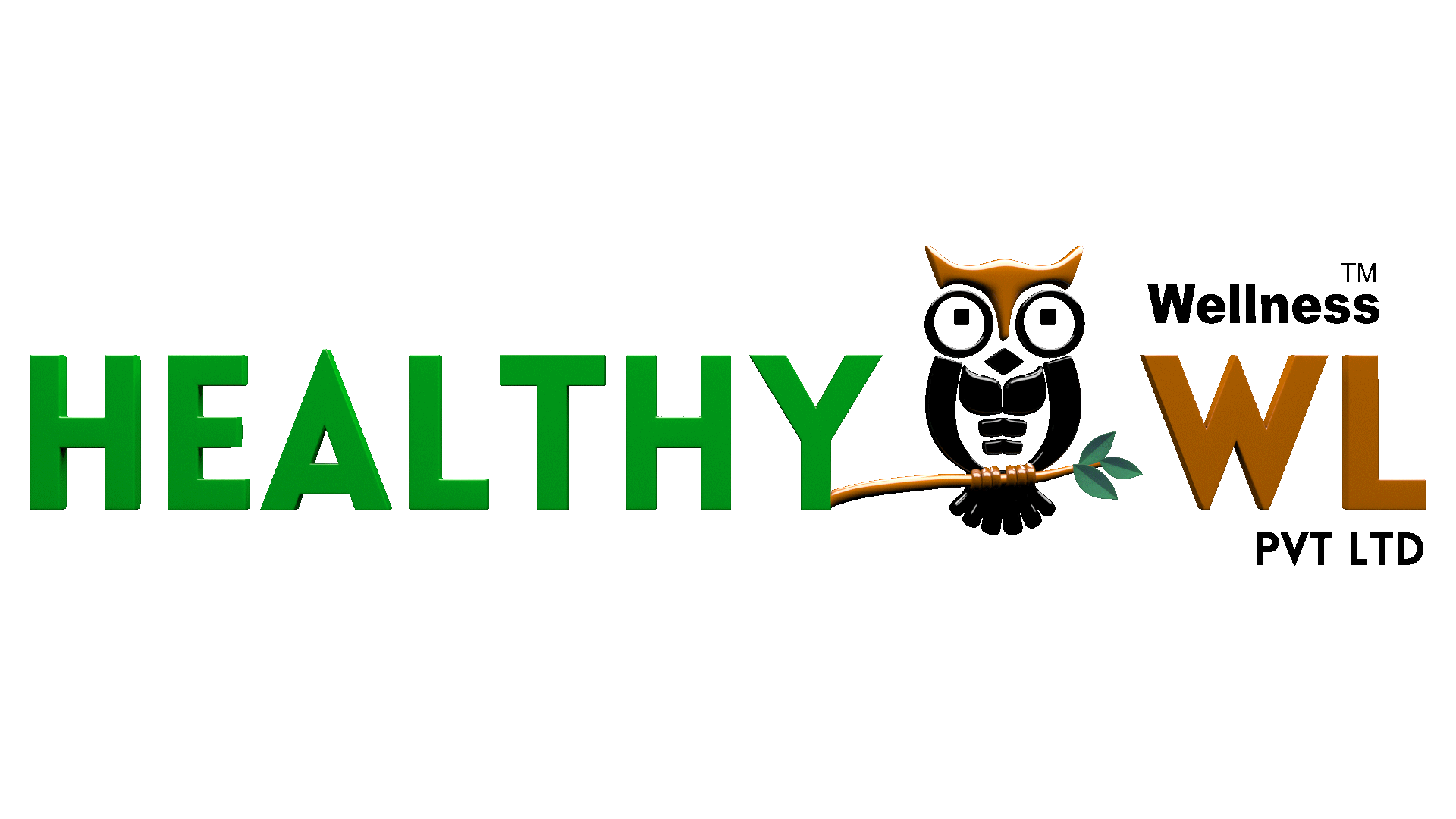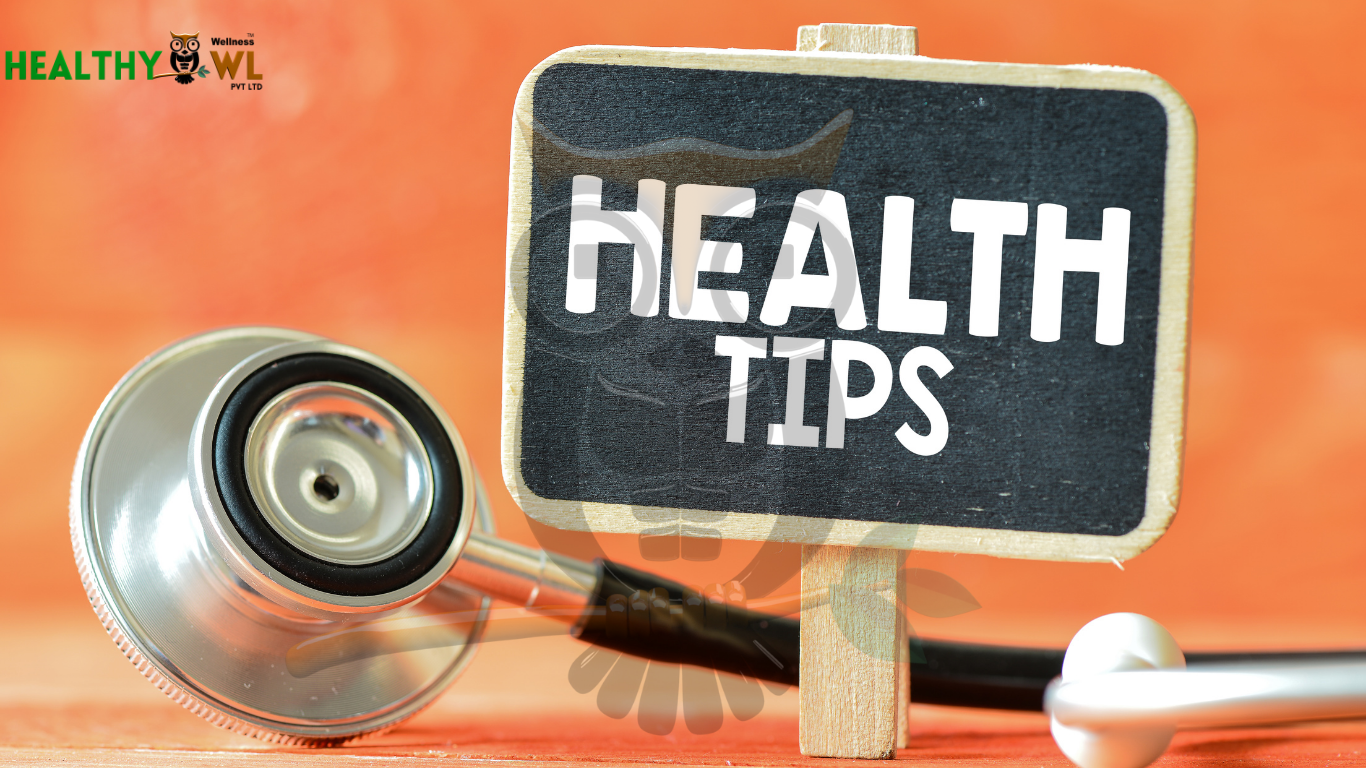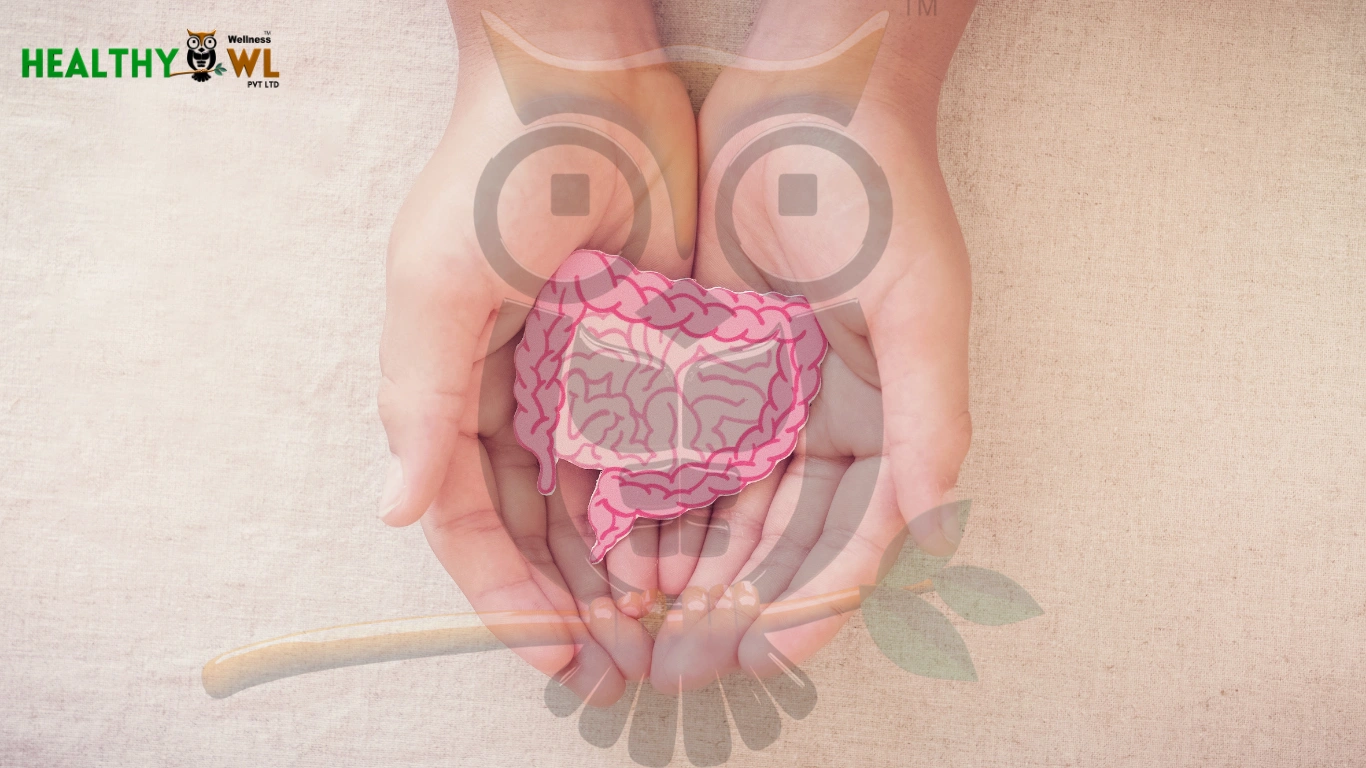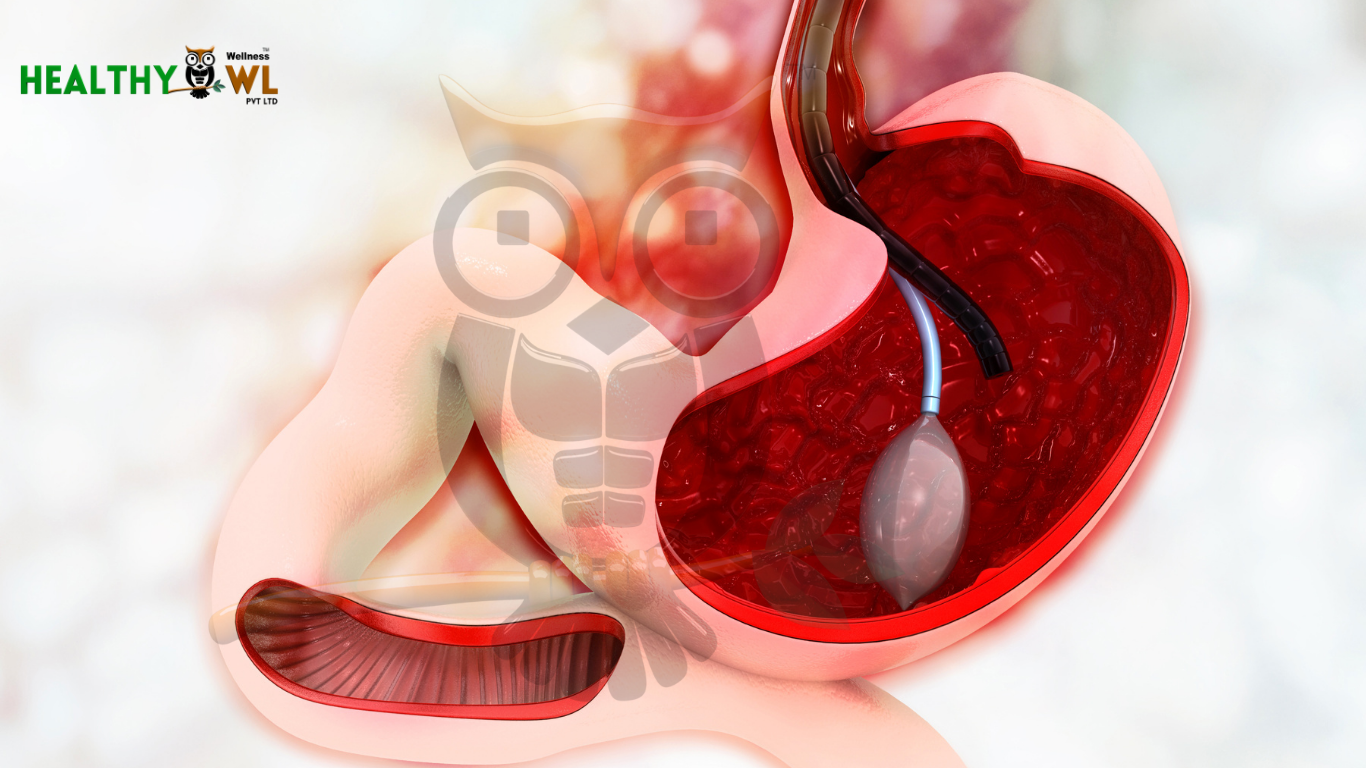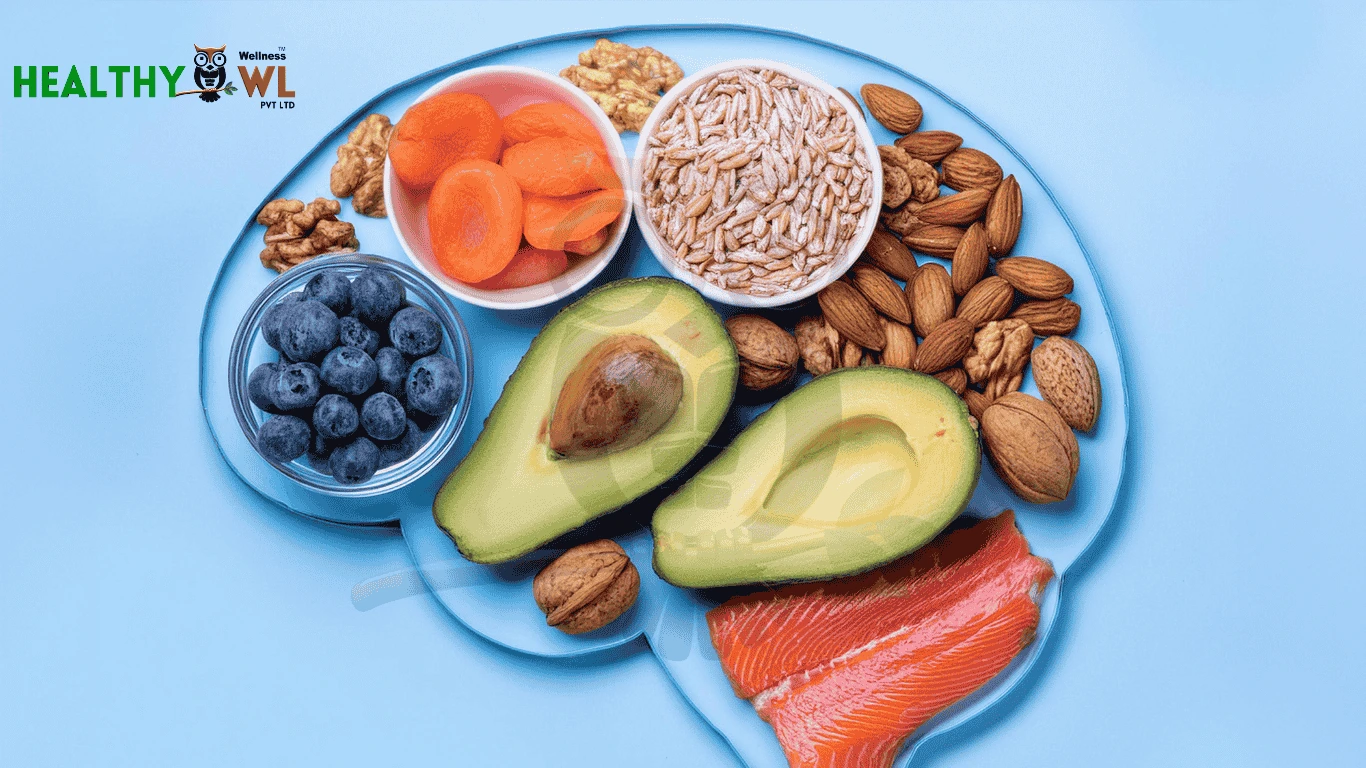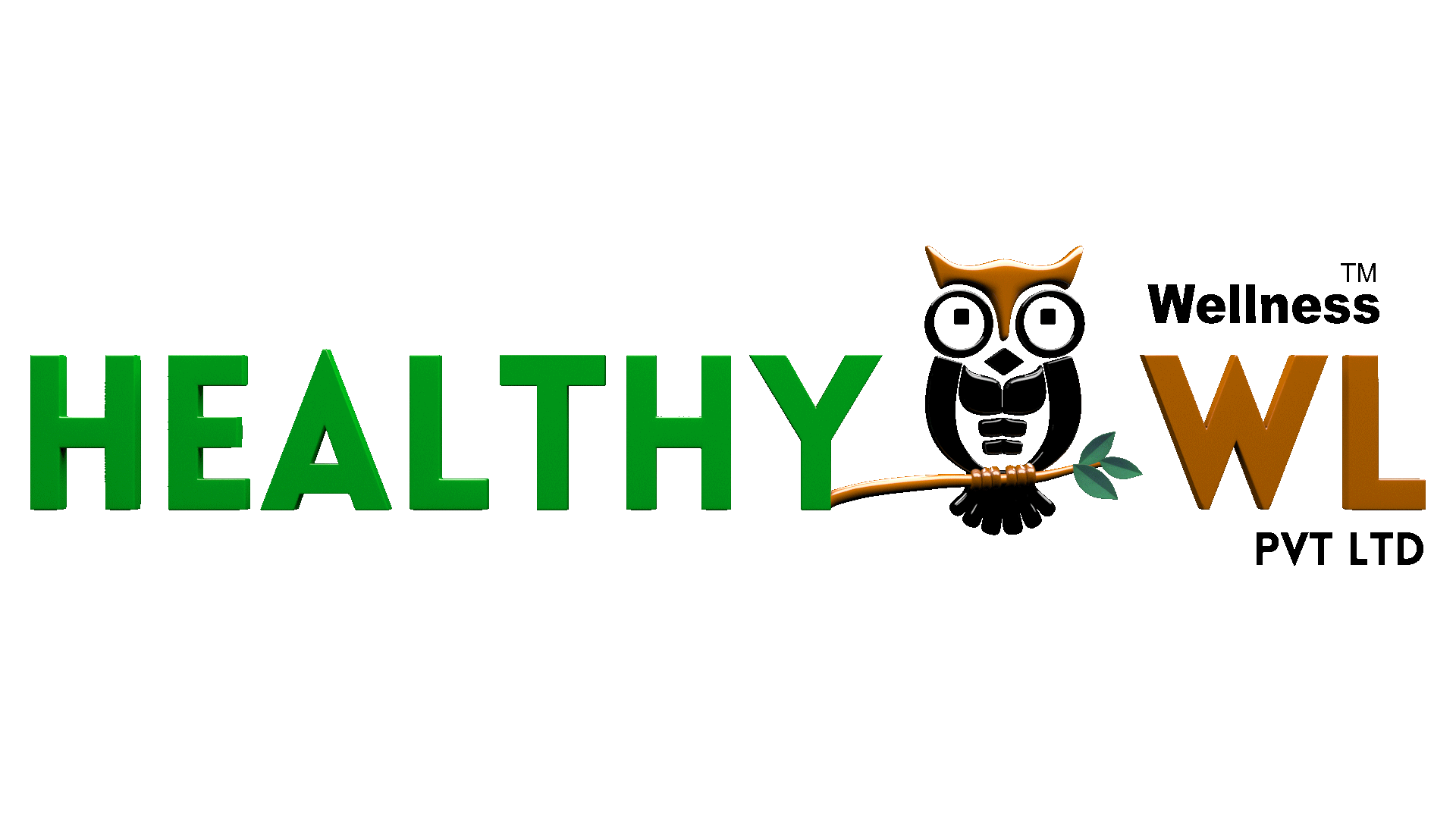Introduction
Ever had “butterflies in your stomach” before a big day or felt your gut tighten when you’re stressed? That’s not your imagination — it’s science.
Your gut and brain are in constant communication, influencing how you feel emotionally and physically. This powerful link is called the gut-brain connection — a two-way communication network that links your digestive system with your brain, shaping your mood, thoughts, and overall wellbeing.
Recent research shows that your gut is home to over 100 trillion bacteria, collectively known as the gut microbiome. These microbes don’t just digest food — they send messages to your brain, regulate hormones, and even impact your mental health.
At Healthy Owl Wellness, we believe true health starts from within — and understanding this connection is the first step to healing holistically.
What Is the Gut-Brain Connection?
The gut-brain axis is a bidirectional pathway that links the central nervous system (CNS) and the enteric nervous system (ENS) in your gut. Think of it as a conversation — your gut and brain are constantly sending chemical, hormonal, and electrical messages to each other.
This connection happens through the vagus nerve, which acts like a high-speed communication highway between the two systems.
Interestingly as per Harvard Health, the gut produces around 90% of your body’s serotonin — the “feel-good” hormone responsible for happiness, calmness, and emotional balance. So, when your gut is unhealthy, it can lead to mood swings, anxiety, or even depression.
How Gut Health Influences Your Mental Wellbeing
A healthy gut microbiome means more than smooth digestion — it directly impacts your emotional and cognitive health.
Here’s how:
1. Mood Regulation
Your gut bacteria produce neurotransmitters like serotonin, dopamine, and GABA, which regulate your mood and emotional stability. An unbalanced gut (known as dysbiosis) can reduce these neurotransmitters, leading to anxiety, irritability, and low mood.
2. Stress and the Gut
Stress and gut health have a two-way relationship. Chronic stress can disrupt digestion, while poor gut health can increase your stress response. When your microbiome is out of balance, your body releases more cortisol — the stress hormone — making you feel constantly on edge.
3. Inflammation and Mental Health
Gut imbalance can trigger inflammation throughout your body. Studies show that chronic inflammation is linked to conditions like depression, fatigue, and brain fog.
4. Cognitive Function and Memory
Emerging science suggests your gut bacteria may influence focus, learning, and memory. A thriving gut ecosystem supports mental clarity and sharpness.
Signs Your Gut-Brain Connection Is Out of Balance
Your body often sends early warning signs when the gut-brain link is disturbed. Here are common red flags to look out for:
- Persistent bloating or indigestion
- Irregular bowel movements (constipation or loose stool)
- Low energy or chronic fatigue
- Anxiety, mood swings, or brain fog
- Poor sleep or unrefreshing rest
If you experience several of these symptoms, it might be time to give your gut and brain some much-needed attention.
5 Natural Ways to Strengthen Your Gut-Brain Axis
1. Eat Fiber-Rich, Whole Foods
Fiber feeds your good gut bacteria. Include plenty of prebiotic foods like bananas, garlic, onions, oats, and apples in your daily meals.
2. Add Fermented Foods for Probiotics
Fermented foods are natural sources of beneficial bacteria that support mood and digestion.
Try curd, homemade pickles, idli, dosa, kimchi, or sauerkraut regularly.
3. Stay Hydrated
Water helps maintain the mucosal lining of your intestines and promotes a healthy balance of gut bacteria. Aim for 2.5–3 liters of water daily.
4. Manage Stress Naturally
Mind-body techniques like deep breathing, yoga, or meditation can help regulate the vagus nerve and calm both your brain and gut.
Poor sleep can disrupt gut bacteria, leading to hormonal imbalance and increased stress. Aim for 7–8 hours of consistent sleep to allow your gut and brain to reset.
Foods That Support the Gut-Brain Axis
Your diet plays a powerful role in maintaining the gut-brain connection. The foods you eat directly influence the diversity and health of your microbiome — and in turn, your mental clarity and emotional balance.
Here’s a list of foods that help nurture this vital connection:
1. Prebiotic-Rich Foods
Prebiotics are fibers that feed your good gut bacteria.
Examples: Garlic, onions, leeks, asparagus, oats, flaxseeds, apples, and bananas.
These foods help beneficial microbes thrive and improve serotonin production.
2. Probiotic-Rich Foods
Probiotics are live bacteria that boost gut balance and reduce inflammation.
Examples: Curd, kefir, fermented buttermilk, kimchi, miso, and sauerkraut.
They support digestion and enhance the gut’s communication with the brain.
3. Omega-3 Fatty Acid Sources
Omega-3s reduce inflammation and promote brain health.
Examples: Flaxseeds, chia seeds, walnuts, and hemp seeds.
They help your brain cells communicate effectively and improve mood regulation.
4. Polyphenol-Rich Foods
Polyphenols are plant compounds that act as antioxidants and prebiotics.
Examples: Berries, green tea, dark chocolate, turmeric, and olive oil.
They protect both gut microbes and neurons from oxidative stress.
5. Fermented Indian Staples
Traditional Indian recipes like idli, dosa batter, kanji, and fermented pickles are time-tested gut healers that naturally support the gut-brain axis.
Including these foods daily can enhance digestion, lift your mood, and build resilience against stress.
Want recipes to nourish your gut and brain naturally?
Check our gut-friendly recipes from Healthy Owl Wellness
Probiotics for Mood and Mental Wellness
You’ve probably heard about probiotics, but their impact goes beyond digestion.
Probiotics are live “good” bacteria that help restore microbial balance in your gut, reduce inflammation, and promote serotonin production. They are especially beneficial for improving mood, focus, and emotional balance.
Some studies even call them “psychobiotics” — probiotics that positively influence the brain.
You can get probiotics naturally from foods like yogurt, kefir, and kombucha or through high-quality supplements.
The Mind-Gut Lifestyle: True Wellness from Within
Your gut does more than digest food — it shapes how you think, feel, and function every single day. When your gut-brain axis is balanced, you’ll notice:
- Improved digestion
- Better sleep
- Brighter mood
- More energy
- Sharper focus
At Healthy Owl Wellness, we help you rebalance your gut and mind naturally — by focusing on nutrition, lifestyle, and mindfulness.
Ready to Reconnect Your Gut and Brain?
If you’ve been feeling anxious, sluggish, or constantly bloated — your gut might be sending you a message.
Listen to it.
Our team at Healthy Owl Wellness specializes in restoring balance through personalized gut health programs that address the root cause — not just symptoms.
Book your free consultation today
Let’s help your mind and gut work together for lasting wellness.
Frequently Asked Questions (FAQs)
Q1. What is the gut-brain connection?
The gut-brain connection is the communication link between your digestive system and brain. It uses nerves, hormones, and gut bacteria to regulate mood, stress, and digestion.
Q2. How does gut health affect mental wellbeing?
Poor gut health can reduce serotonin production and increase inflammation, leading to mood issues like anxiety, depression, or fatigue.
Q3. Can probiotics improve mental health?
Yes. Probiotics help balance your microbiome and boost mood-regulating chemicals like serotonin, which can improve emotional wellbeing.
Q4. What foods are best for the gut-brain axis?
Fiber-rich foods (oats, apples, leafy greens) and fermented foods (curd, kimchi, kombucha) support a healthy gut-brain connection.
Q5. How can I naturally improve my gut-brain connection?
Eat a clean, balanced diet, manage stress, get quality sleep, and stay hydrated. Consulting a wellness expert can help personalize your plan.
Final Thoughts
Your gut and brain are lifelong partners — constantly communicating, supporting, and influencing each other. When you nurture your gut, you nurture your mind.
At Healthy Owl Wellness, we’re here to guide you every step of the way toward balance, energy, and peace — from the inside out.
💬 Start your wellness journey today:
https://healthyowlwellness.com/contact/
